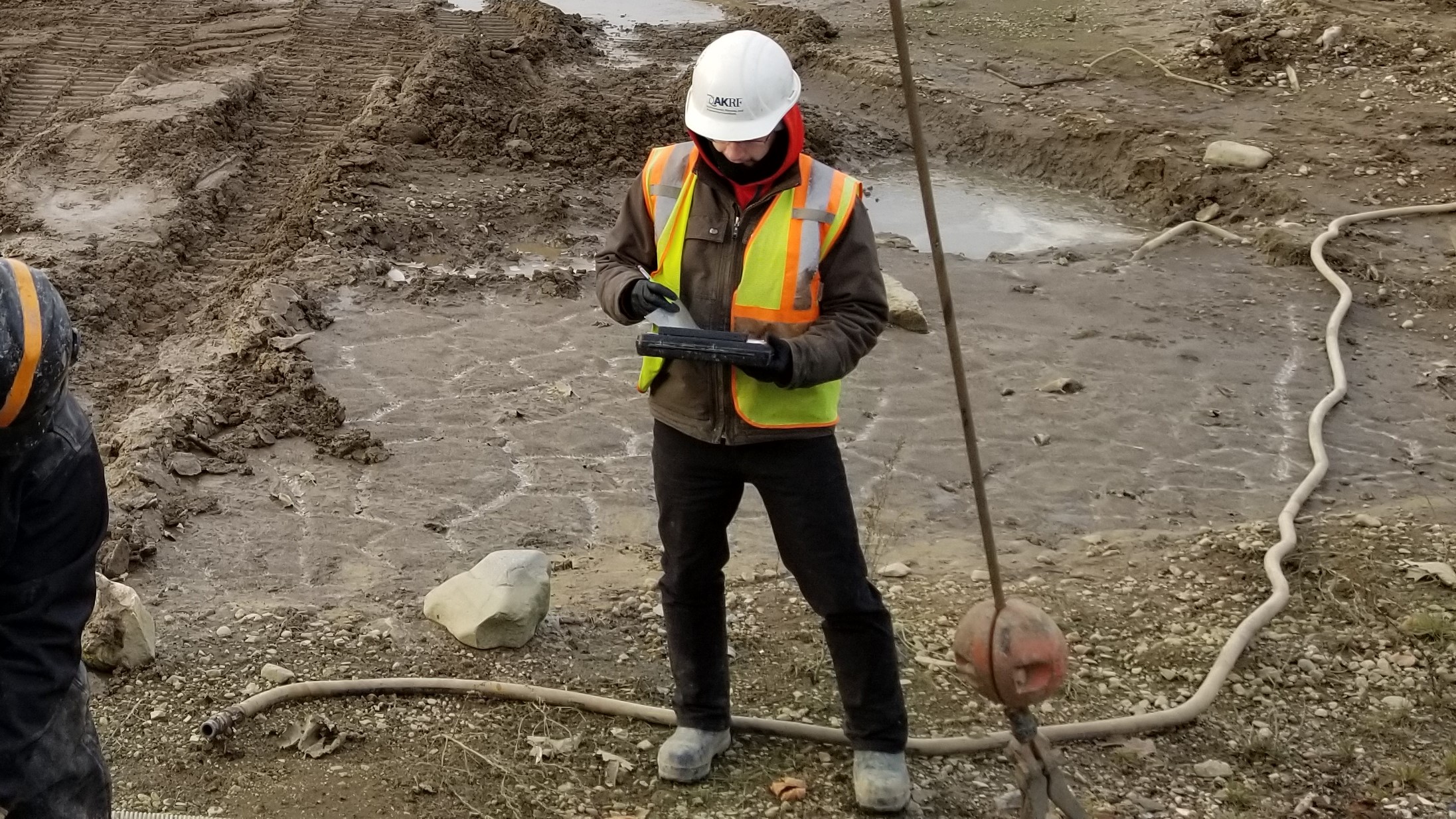Geotechnical Engineering Companies in South Africa: Leading Professionals in Dirt and Structure Analysis
Geotechnical Engineering Companies in South Africa: Leading Professionals in Dirt and Structure Analysis
Blog Article
An Extensive Review of the Trick Providers Used by Consulting Civil Design Professionals in Modern Construction
Consulting civil design specialists are essential to the success of modern-day building and construction projects, providing a diverse suite of services that deal with different obstacles. From conducting comprehensive site assessments and usefulness researches to making sure conformity with rigorous regulatory structures, these professionals lay the foundation for sustainable and risk-free advancement. Their knowledge encompasses architectural style and project management, which are critical for attaining prompt and economical end results. As the intricacy of building and construction jobs proceeds to develop, comprehending the complete spectrum of services they give comes to be increasingly essential for stakeholders. What effects does this have for the future of building and construction methods?
Site Analysis and Feasibility Researches
When starting any building and construction job, recognizing the site's qualities is important, as it straight influences the feasibility and layout of the growth. Website assessment and feasibility research studies are essential parts of the pre-construction phase, enabling stakeholders to make informed choices. These researches involve a comprehensive evaluation of the physical, environmental, and regulative facets of the site.

Usefulness studies prolong past the physical qualities, including social and economic factors to consider. This includes price estimates, potential roi, and neighborhood impact assessments. By incorporating these aspects, civil engineering experts can provide a holistic sight of the website's feasibility for the intended growth. Ultimately, thorough site assessments and expediency researches lay the groundwork for effective job implementation, maximizing and minimizing threats source appropriation.
Architectural Style and Evaluation
Adhering to a complete site analysis and expediency research, the following important stage in the building and construction process is architectural layout and analysis. This crucial service includes the development of structural systems that make certain the safety, sturdiness, and financial viability of a project. Consulting civil engineers utilize advanced methodologies and software program to examine tons, anxieties, and product residential or commercial properties, making sure that layouts conform with appropriate codes and standards.
Structural layout incorporates different aspects, including beams, columns, foundations, and bearing walls. By applying principles of auto mechanics and product science, engineers develop structures that can withstand environmental pressures such as wind, seismic activity, and snow loads. The evaluation phase includes precise calculations to forecast the behavior of these structures under numerous problems, guaranteeing they can perform as intended throughout their lifespan.
Moreover, getting in touch with designers collaborate carefully with designers and other stakeholders to incorporate architectural elements cosmetically and functionally. The deliverables usually include comprehensive illustrations, specifications, and extensive reports that facilitate the building and construction process. Inevitably, efficient architectural design and evaluation are pivotal in lessening risks, enhancing resources, and accomplishing effective job outcomes in modern-day building.
Project Administration and Coordination
Effective project management and coordination are crucial elements of successful civil engineering services, guaranteeing that construction jobs are delivered in a timely manner, within spending plan, and to the required top quality criteria. Consulting civil engineers play a critical role in managing numerous task elements, from preliminary preparation through to project conclusion. This entails not just the technological elements of style and construction yet likewise the tactical management of timelines, stakeholders, and sources.

In addition, civil design consultants emphasize the significance of paperwork and reporting throughout the task lifecycle - geotechnical engineering in south africa. By keeping accurate documents, they ensure openness and liability, which promotes trust amongst all parties involved. Inevitably, proficient job management and sychronisation cause boosted task outcomes, aligning with customer expectations and contributing to the general success of the building venture
Regulatory Conformity and Permitting
Effective task monitoring lays the foundation for resolving governing conformity and permitting demands in civil design projects. Making certain adherence to neighborhood, state, and federal policies is critical for the effective implementation and conclusion of any kind of building and construction undertaking. Consulting civil design professionals play an essential role in navigating the facility landscape of regulative frameworks and allowing processes.
These specialists are well-versed in zoning laws, constructing codes, environmental laws, and security standards that control building methods. They conduct detailed assessments have a peek at this site to recognize all suitable regulations, making certain that projects follow needed legal requirements. By working together with governmental agencies and stakeholders, getting in touch with engineers facilitate the permitting process, improving authorizations and decreasing hold-ups.
In addition, they prepare and submit the requisite documents, such as site strategies, environmental influence evaluations, and design reports. This aggressive strategy not just cultivates compliance yet also boosts task feasibility and sustainability. Inevitably, effective governing compliance and allowing are important Discover More Here parts of an effective civil design project, securing both the setting and public welfare while adding to the total integrity and success of building and construction efforts.
Sustainable Design Practices
Lasting layout practices are increasingly identified as essential elements in civil design, with a concentrate on minimizing environmental effect while optimizing source efficiency. These practices include a series of approaches focused on promoting ecological balance and decreasing the carbon footprint of construction projects.
One key aspect of sustainable design is the combination of sustainable energy resources, such as solar and wind, right into structure designs. This not just lowers reliance on nonrenewable fuel sources however also enhances lasting cost savings. Furthermore, the use of lasting products, including recycled or rapidly sustainable sources, plays a significant role in lessening waste and conserving natural sources.
Water management techniques, such as rain harvesting and reliable watering systems, are likewise critical in lasting layout. These methods assist in minimizing water intake and securing regional water ecosystems. Moreover, ecologically sensitive site planning ensures minimal disruption to the all-natural landscape and advertises biodiversity.
Consulting civil design specialists are important in applying these lasting layout practices. Their know-how enables the execution of innovative solutions that straighten with both regulative requirements and client goals, eventually adding to an extra sustainable developed environment.
Final Thought
In recap, consulting civil design experts provide crucial solutions that underpin the success of modern-day construction jobs. With thorough site analyses, ingenious index structural design, effective project management, adherence to regulative criteria, and the application of lasting practices, these specialists add to the production of secure, reliable, and environmentally accountable growths. The integration of these essential services not just boosts job end results but additionally advertises a sustainable future in the construction sector.
Effective job administration and control are essential components of effective civil design services, making certain that building tasks are delivered on time, within spending plan, and to the needed top quality standards. Consulting civil designers play a critical role in managing various job aspects, from initial preparation with to forecast conclusion. Eventually, skilled task monitoring and coordination lead to improved task end results, straightening with customer expectations and contributing to the total success of the building and construction endeavor.

Report this page